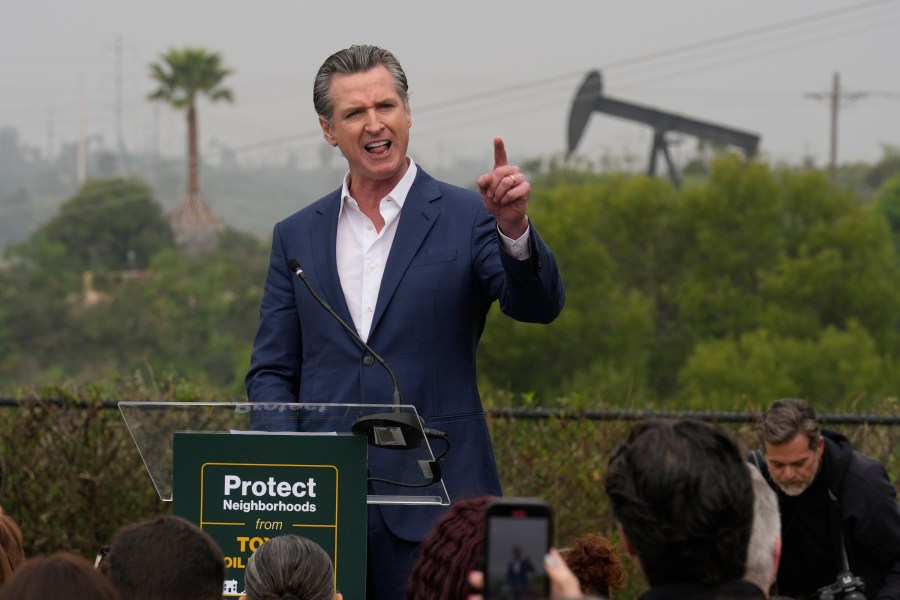California consumers may face another spike in gas prices, following a report released in September 2023 by the California Air Resources Board (CARB).
The report detailed the state’s initiative to reduce aggressive emissions, stemming from a plan introduced by Gov. Gavin Newsom to achieve carbon neutrality by 2045.
“To achieve our world-leading climate goals we have to accelerate projects that will power our homes with clean energy, safeguard our drinking water, build homes next to transit and jobs, rebuild our roads and transportation system, and protect communities from worsening extreme weather,” Gov. Newsom said in a 2023 release.
If approved, the Low Carbon Fuel Standard would increase the price of gas by an average of almost 50 cents per gallon by 2025.
CARB was set to hold a hearing last March but postponed the action. No new date has been announced.

In the meantime, gas prices in the Golden State don’t look like they are going down anytime soon.
Beginning July 1, California is set to face a gas tax hike, which will increase the tax rate by two cents, adjusting for inflation.
This may alarm some California consumers, as gas prices in the state reached a record high in 2022, nearly hitting nearly $10 a gallon in Mendocino. It became the most expensive gas in the country, almost $3 more than the state’s average at the time.
According to AAA, the price for a gallon of gas is about 55% higher than the national average in California, and just last year, the state saw the second highest jump in gas prices.
The hike could come during a time where the U.S., and California, have experienced rising inflation costs coupled with a stagnant job market.
America has gained the fewest jobs in six months as the labor market has cooled as annual wages fell below 4.0% for the first time in almost three years. Furthermore, unemployment rose to almost 4% in April, up from 3.8% in March.
Despite adding 175,000 jobs in April, wages have essentially stayed the same, seeing the lowest gain in almost three years since June of 2021.
For Angelenos, this comes at a time when earning $100,000 per year is considered low income, further increasing the cost of living in one of the country’s most expensive cities.
If approved, the gas price hike could start as early as next year, totaling nearly $1.15 per gallon over time and would continue until 2046.




















